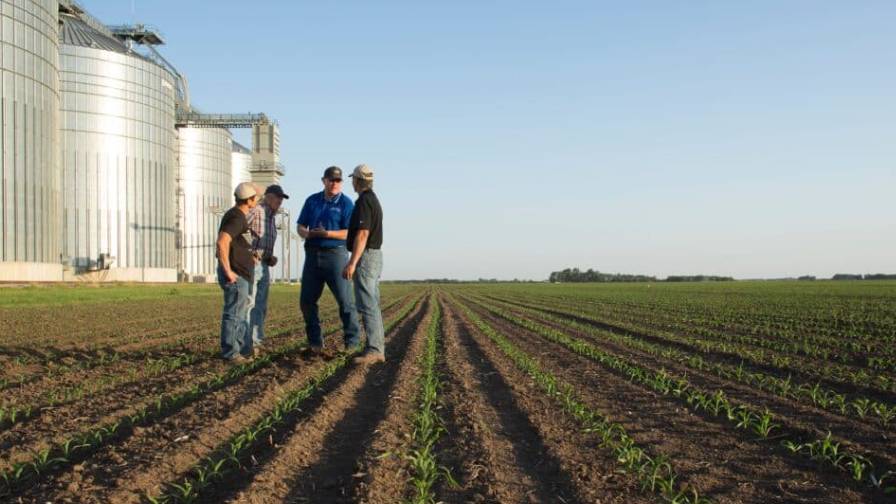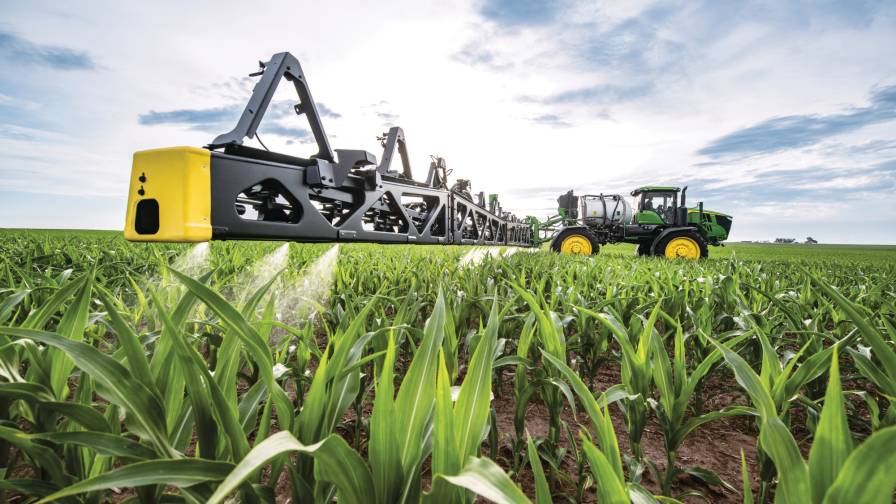Farm Bill Fate Certainly Uncertain
As the 2008 Farm Bill draws closer to finality, one thing is certain: its fate is an uncertainty.
With the 2002 Farm Bill coming to an end in March, Congress continues to work towards compromising on House and Senate farm bills that call for increased spending on a broad array of farm bill programs — while the President has threatened to veto a farm bill that pays for higher spending by raising taxes.
"A major issue is President Bush’s stance on not wanting to raise taxes, and I think it’s fair to say both farm bills do have elements in their financing packages that could be considered to be tax increases," says Carl Zulauf, an Ohio State University economist with the Department of Agricultural, Environmental, and Development Economics. "I think the veto threat is real and will have a substantive impact on the final version. All of the statements coming from the House and Senate point to the idea of not passing the farm bill to just simply have it vetoed."
Zulauf will discuss the 2008 Farm Bill as part of the 17th annual 8th District Farm Forum on March 1 at Edison State Community College, Piqua, OH.
In addition to the threat of a farm bill veto, Zulauf says he is also seeing themes beginning to emerge in the farm bill.
"I’ve never seen the number of provisions in past farm bills that I’m seeing in the House and Senate farm bills that deal with organic agriculture, and beginning and minority farmers," says Zulauf, who also holds an appointment with the Ohio Agricultural Research and Development Center. "It’s a fascinating insight as to the thinking of Congress regarding the food and fiber sector and a potential leading indicator of future legislation."
Zulauf says that both the House and Senate farm bills also point to increased spending in conservation, bioenergy, and nutrition programs, as well as on programs directed at fruits and vegetables.
"Looking at the process, it doesn’t seem feasible that the farm bill could pass without some noticeable increase in spending on food programs — to the tune of around $1 billion increase per year," says Zulauf. "It’s also very clear that both bodies want increased spending on conservation, bioenergy, and fruits and vegetables. However, it’s not clear how they are going to go about doing that. It will be interesting to see, given the budget constraints that exist, where the level of spending is on those programs, especially if Congress will be asked to take some reduction in spending. If you can’t raise taxes to pay for it, you’ve got to find other ways and one way is to spend less on each program and basically spread the cuts across as many programs as you can."
Zulauf said that Congress is pushing to have a farm bill ready to go by March 15, but he is banking on an April 1 to May 1 rollout date.
"Planters will start to roll during the month of April," says Zulauf. "There is a desire for farmers to have some ideas what programs are going to be in place for last-minute planting decisions."






